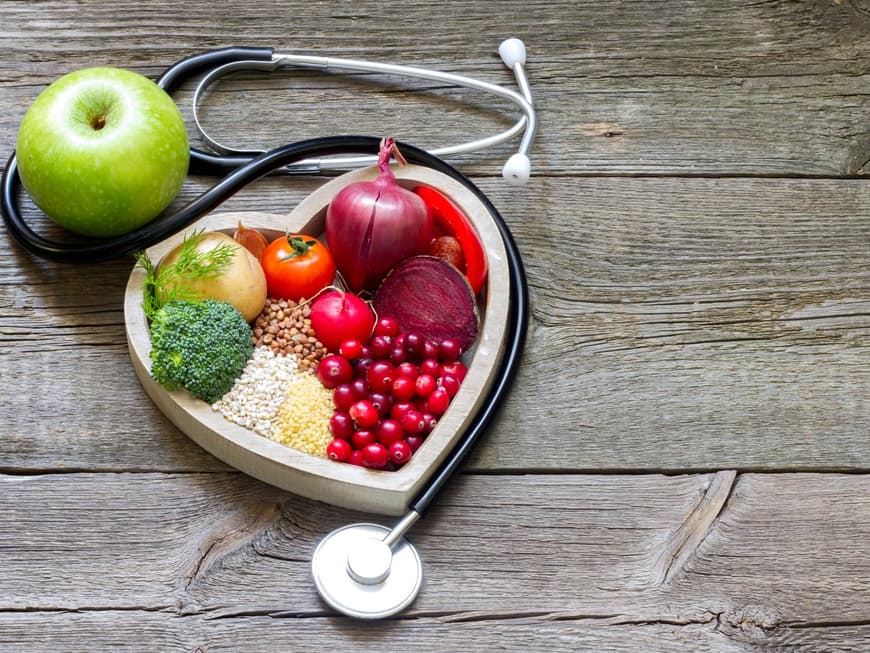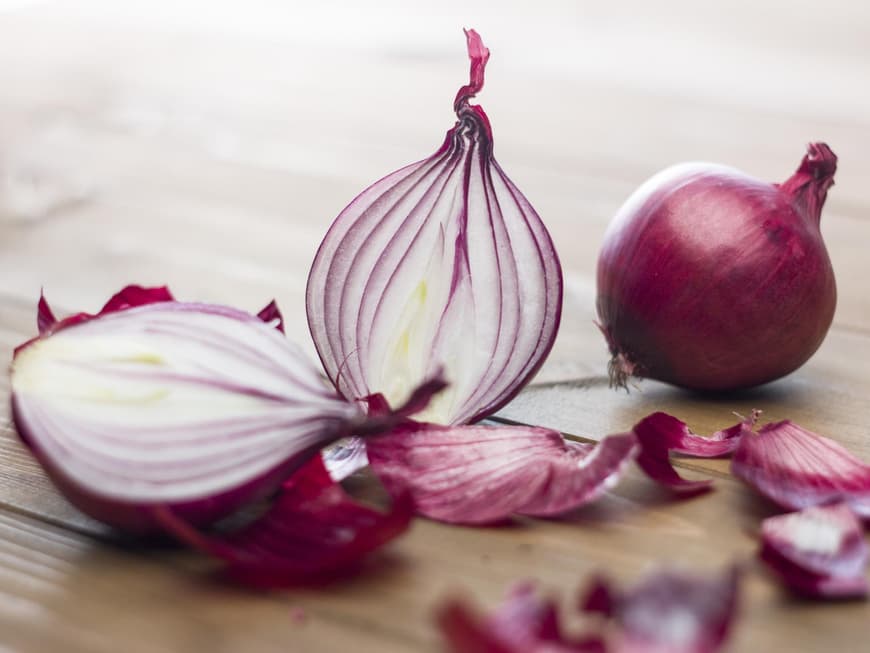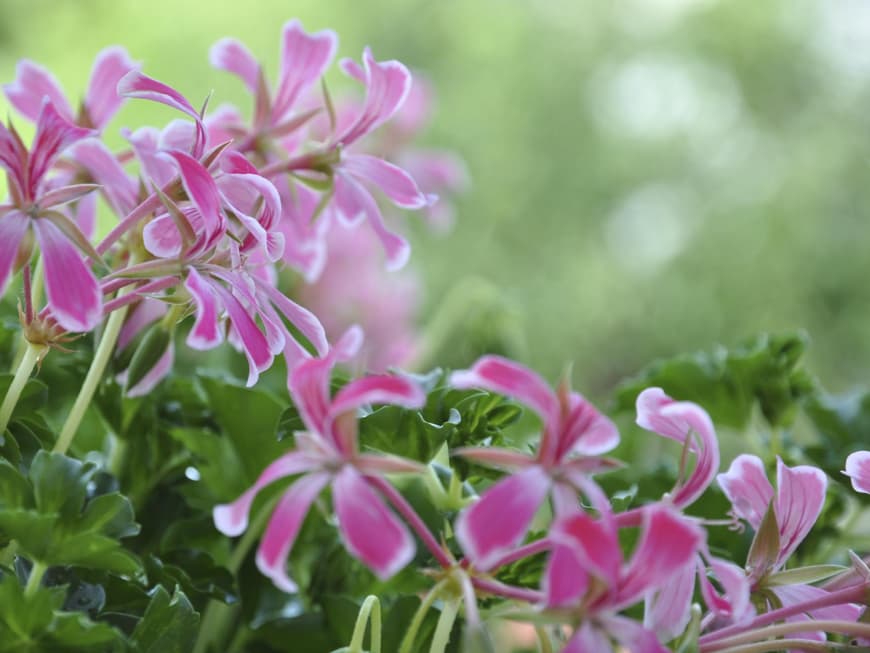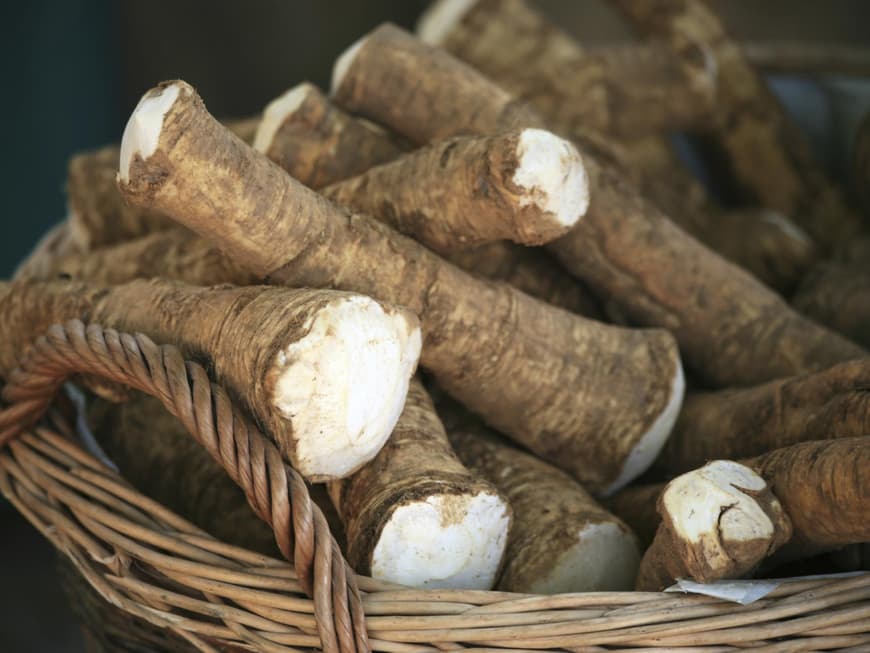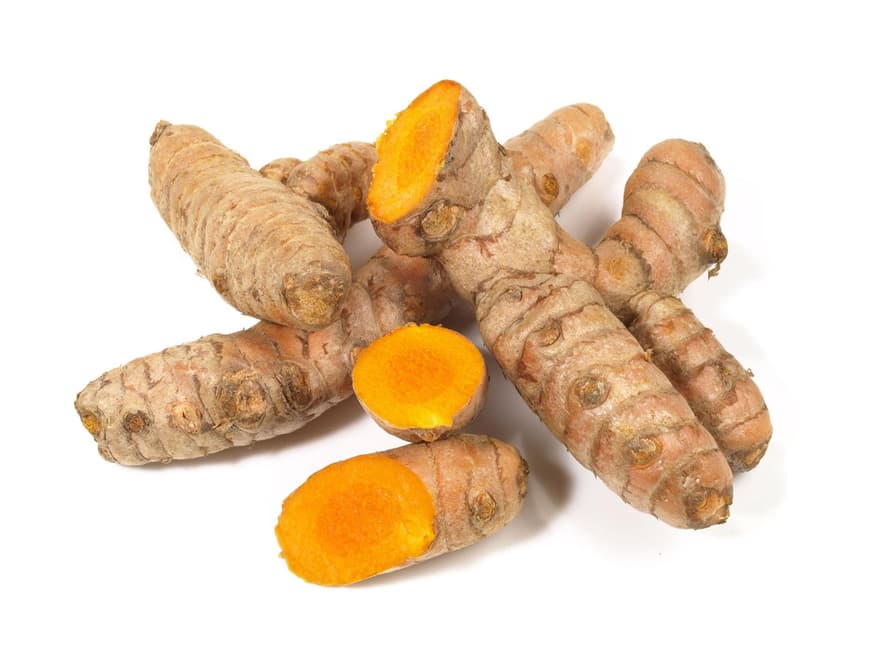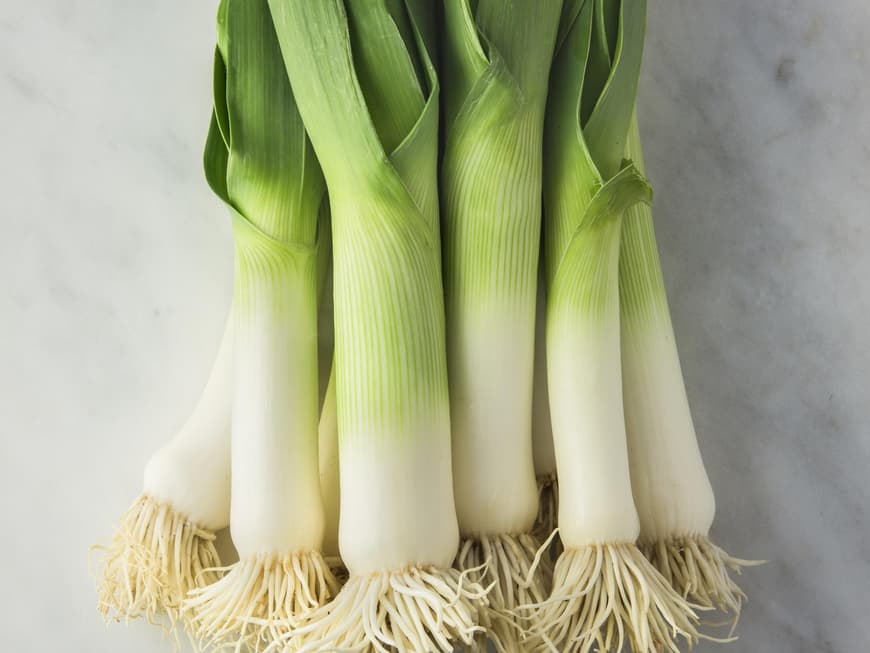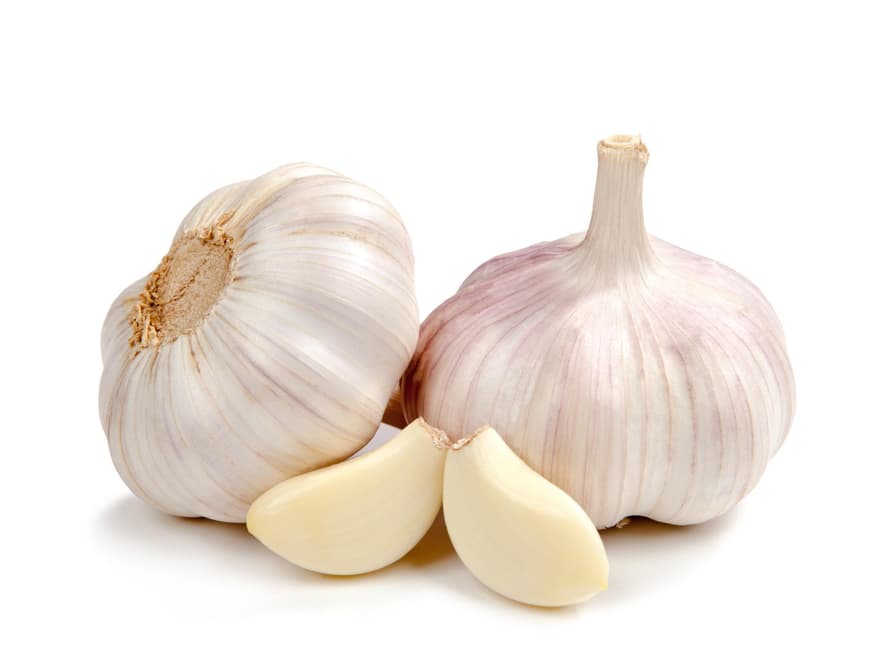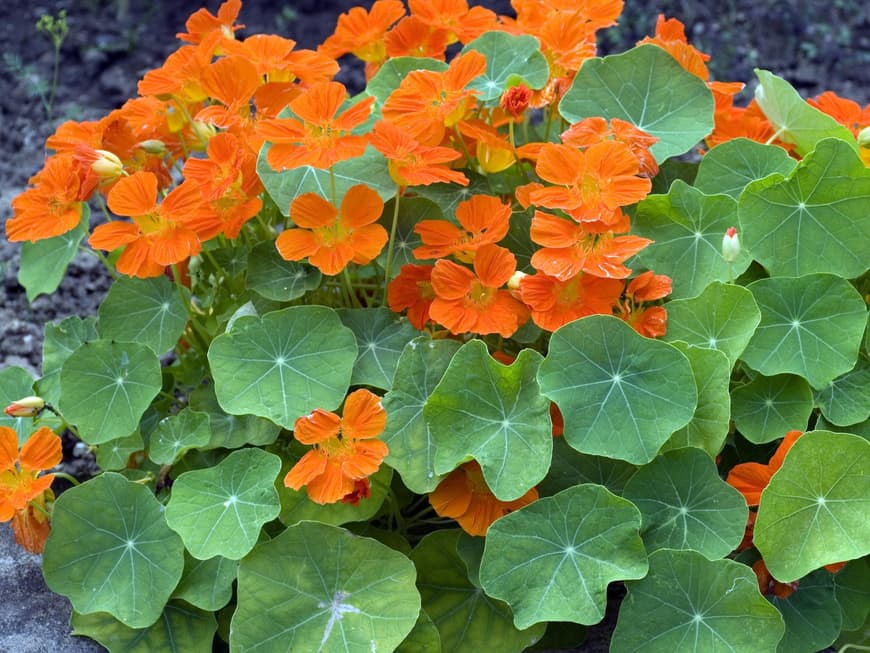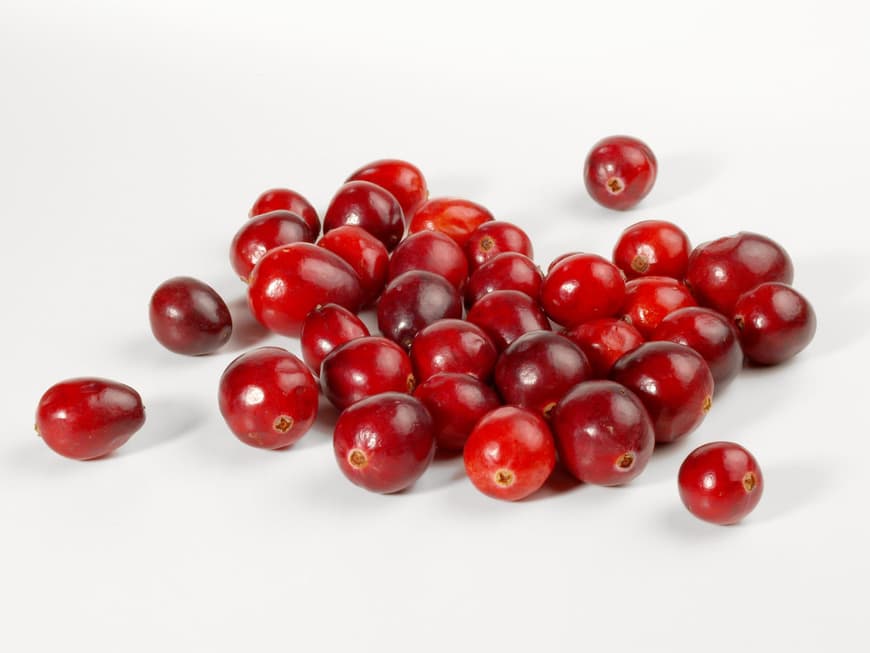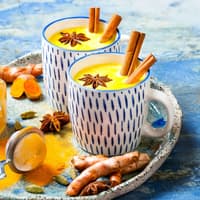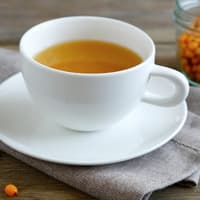1. cranberries
Cranberries are a well-known home remedy for cystitis. It's hard to believe that there is so much power in these mini berries, but cranberries are first-class herbal medicines! Their ingredients prevent bacteria from adhering to the bladder wall. A special protective substance in them wraps itself around the bacteria, rendering them inactive. This substance is contained, for example, in Cystorenal Cranberry plus (pharmacy). High doses of cranberry extract combined with pomegranate, vitamins and trace elements (e.g. Doppelherz Cranberry + Pomegranate) are particularly effective.
Also interesting: Bach flowers and their effects
2. garlic
The garlic bulb has a particularly high antibacterial potential. Laboratory studies have shown that the ingredient allicin even kills hospital germs. Try the following recipe if you have a sore throat: Wrap a clove of garlic in some white bread and put it in your mouth. Now chew well so that all the ingredients are released - and swallow.
3. onion
The mix of essential oils, secondary plant substances and sulphur compounds make onions a valuable component of natural medicine. Onion socks, for example, are a tried and tested household remedy for colds. You chop up the vegetable and then put equal parts of it into the socks. Then put them on, spread the contents a little under the sole and on the back of the foot and wear them overnight. The body then absorbs the ingredients through the skin.
4. leeks
These tasty green and white vegetable stalks also contain valuable sulphur compounds with antibiotic properties. Leek syrup, for example, can help with coughs. Recipe: Boil 150 g of leek in 1 liter of water for approx. 30 minutes. Then strain and add 1/4 of the amount of honey or sugar. Bring to the boil again briefly and pour the liquid into a bottle. If required, take 2 - 4 tablespoons daily.
5. horseradish
The pungent root is one of the oldest medicinal plants and has long been used in natural medicine. As its mustard oils keep pathogens at bay, it is also known as herbal penicillin. If you have a cold, for example, simply rub some on a piece of bread and eat it.
6. turmeric and boswellia
It is no coincidence that turmeric has been used for centuries in Ayurveda and traditional Chinese medicine. The tuber, which we call turmeric, contains the substance curcumin. This is also used successfully in modern medicine due to its anti-inflammatory properties.
Cucumin is ideally supported in the alleviation of inflammatory processes by boswellia - the natural resin of frankincense trees. Its influence on acute and chronic inflammatory conditions such as osteoarthritis, intestinal diseases and multiple sclerosis has already been tested in numerous studies.
However, both curcumin and boswellia are very poorly soluble in water in their natural form, which is why the bioavailability, i.e. how well the active ingredient can be absorbed by the body, is low. To increase the absorption capacity, micelle technology has proven to be the most successful so far. In this process, so-called micelles, as they also occur in our natural digestive system, are stored around the individual curcumin and boswellia particles, so that the bioavailability of curcumin is increased 185-fold and that of boswellic acids by a factor of 50. The corresponding food supplement curcumin-Loges plus Boswellia with this technology is available in pharmacies.
7. nasturtium
All too often we forget that the plant with the sweet flowers is considered a herbal medicine and also contributes to recovery, for example in the case of mild sinusitis. Tea recipe: Pour 250 ml of boiling water over a handful of fresh leaves and leave to infuse for approx. 10 minutes. If you have an infection, drink 2 - 3 cups a day.
You may also be interested in this:
Home remedies for herpes: What really helps?
Recognizing and treating bursitis
Treating bladder inflammation without antibiotics
What to do for acute sinusitis?
The best home remedies for colds
The 5 best home remedies for cystitis

